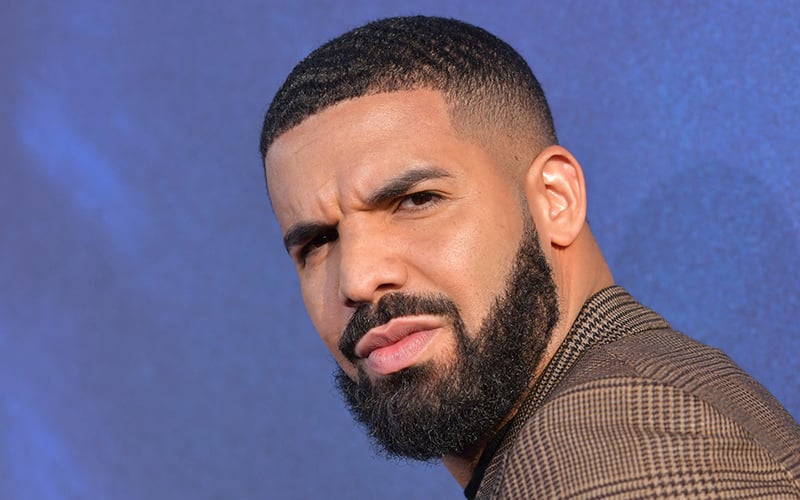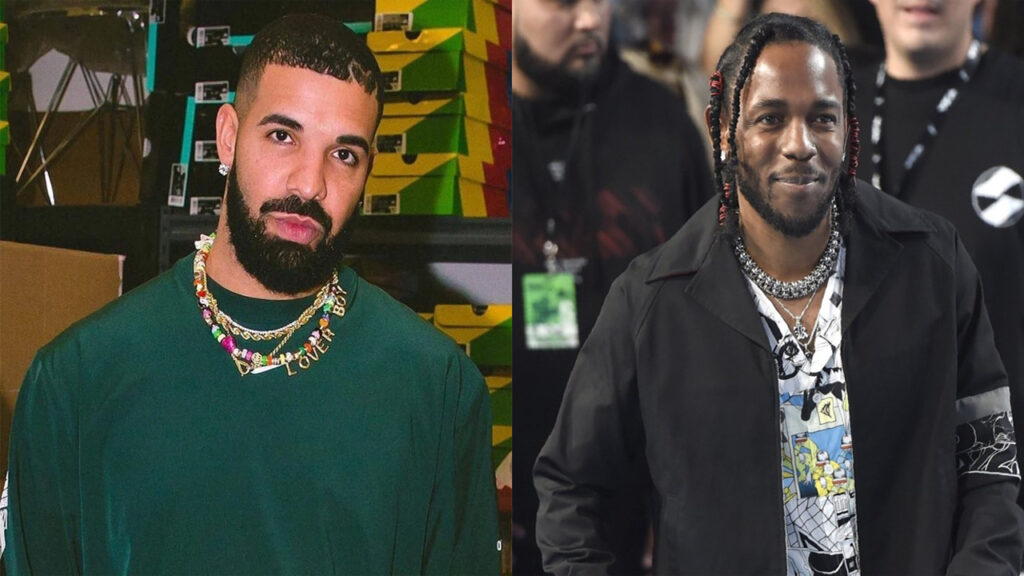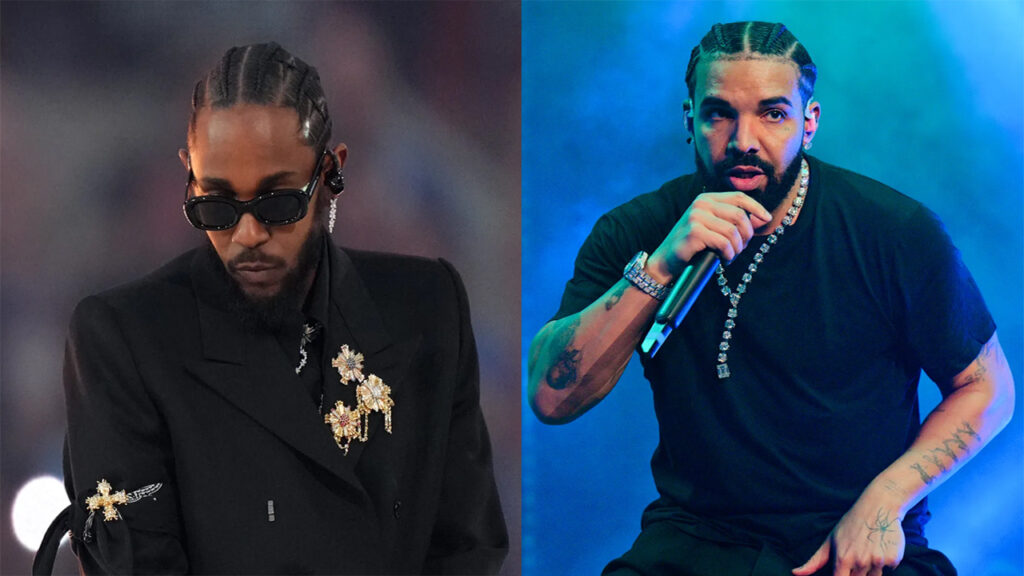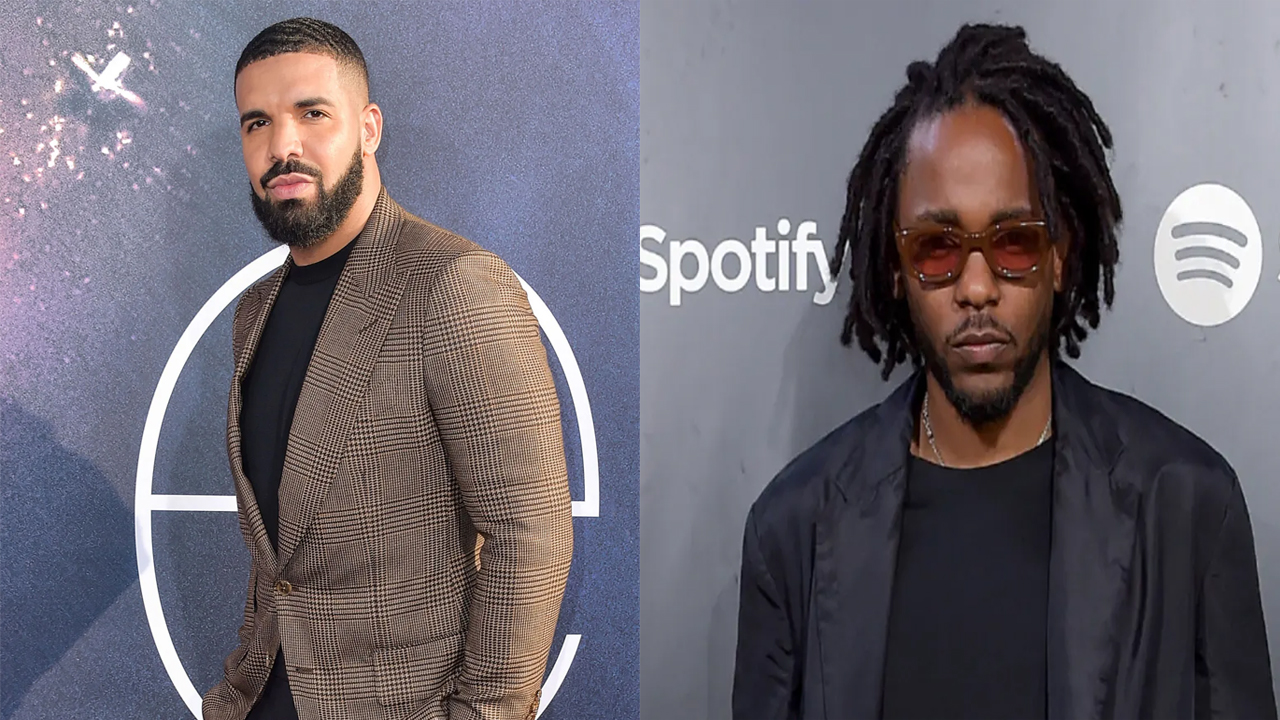The music industry is no stranger to drama, but when two of the biggest names in hip-hop are involved, the stakes are even higher. Recently, Drake made headlines by accusing Universal Music Group (UMG) and Spotify of inflating Kendrick Lamar’s hit song, Not Like Us track. This bold claim has sparked heated debates among fans, industry insiders, and music analysts. What’s the truth behind these allegations? How do streaming platforms and record labels influence chart performance? And what does this mean for the future of the music industry?
In this in-depth blog, we’ll explore the controversy, break down the mechanics of streaming and chart manipulation, and provide actionable insights for artists and fans alike. Whether you’re a music enthusiast or an aspiring artist, this article will help you understand the complexities of the modern music industry.
What’s the Controversy About?

The drama began when Drake took to social media to accuse UMG and Spotify of artificially boosting Kendrick Lamar’s Not Like Us track. According to Drake, the song’s sudden surge in streams and chart performance was not organic but rather the result of behind-the-scenes manipulation. He claimed that UMG, Kendrick’s label, and Spotify colluded to give the song an unfair advantage.
Kendrick Lamar’s Not Like Us had been performing well, but its rapid climb to the top of the charts raised eyebrows. Fans and critics alike began questioning whether the song’s success was genuine or the result of strategic maneuvering by industry giants.
Understanding Streaming and Chart Manipulation
To fully grasp the controversy, it’s essential to understand how streaming platforms and record labels influence chart performance. Here’s a breakdown of the key factors:
1. How Streaming Counts Toward Charts
- Streaming platforms like Spotify, Apple Music, and YouTube contribute to chart rankings based on the number of streams a song receives.
- Paid streams (from premium subscribers) typically carry more weight than free streams.
- Playlisting, where songs are added to curated playlists, can significantly boost a song’s visibility and streams.
2. The Role of Record Labels
- Record labels often negotiate deals with streaming platforms to promote their artists’ music.
- These deals can include placement on popular playlists, homepage features, and targeted ads.
- While these practices are legal, they can create an uneven playing field for independent artists.
3. Artificial Inflation Tactics
- Stream Farming: Some entities use bots or paid services to generate fake streams, artificially inflating a song’s numbers.
- Payola: Though illegal, some labels may pay for preferential treatment, such as playlist placements or radio airplay.
- Strategic Releases: Timing a release to coincide with a slow week in the music calendar can increase the chances of chart success.
Drake’s Allegations: Fact or Fiction?

Drake’s accusations have divided the music community. While some believe his claims are valid, others argue that Kendrick Lamar’s success is simply a result of his talent and fan base. Let’s examine both sides of the argument.
Arguments Supporting Drake’s Claims
- Sudden Surge in Streams: The rapid increase in streams for Not Like Us track seems suspicious to some, especially given the song’s controversial lyrics.
- UMG’s Influence: As one of the largest record labels, UMG has the resources and connections to push its artists’ music.
- Spotify’s Playlisting Power: Spotify’s editorial playlists, like RapCaviar, can make or break a song’s success. Critics argue that preferential treatment may have been given to Kendrick’s track.
Arguments Against Drake’s Claims
- Kendrick’s Track Record: Kendrick Lamar is a critically acclaimed artist with a loyal fan base. His previous hits, like HUMBLE. and Alright, have achieved massive success without controversy.
- Organic Growth: Fans argue that Not Like Us track resonated with listeners due to its powerful message and Kendrick’s artistry.
- Lack of Evidence: As of now, there is no concrete proof to support Drake’s allegations.
The Bigger Picture: Transparency in the Music Industry
This controversy highlights a larger issue in the music industry: the lack of transparency in how streams and chart positions are determined. Fans and artists alike are calling for greater accountability from streaming platforms and record labels. Here’s why transparency matters:
- Fairness: Independent artists often struggle to compete with major-label acts due to unequal access to resources and promotion.
- Trust: Fans want to know that their favorite artists’ success is earned, not bought.
- Innovation: A transparent system could encourage innovation and creativity, as artists would focus on making great music rather than gaming the system.
What Can Artists and Fans Do?

While the music industry’s inner workings may seem out of reach for most, there are steps artists and fans can take to promote fairness and transparency.
For Artists:
- Focus on Authenticity: Build a loyal fan base by creating meaningful music and engaging with your audience.
- Leverage Social Media: Use platforms like Instagram, TikTok, and Twitter to promote your music independently.
- Collaborate with Independent Platforms: Partner with smaller streaming services or distributors that prioritize fairness.
For Fans:
- Support Independent Artists: Discover and share music from independent artists who may not have the backing of major labels.
- Stream Responsibly: Avoid using bots or other unethical methods to inflate your favorite artist’s streams.
- Demand Transparency: Use social media to call for greater accountability from streaming platforms and record labels.
FAQs
1. How do streaming platforms detect fake streams?
- Platforms use algorithms to identify suspicious activity, such as unusually high streams from a single IP address or repeated plays of the same song.
2. Can artists manipulate their own streams?
- While some artists have been accused of using unethical tactics, doing so can result in penalties, including removal from charts and bans from platforms.
3. What is payola, and is it still a problem?
- Payola refers to the illegal practice of paying for airplay or promotion. While it’s less common today, some argue that it still exists in more subtle forms.
4. How can I tell if a song’s success is organic?
- Look for consistent growth in streams and engagement across multiple platforms. Sudden spikes may indicate artificial inflation.
5. What role do fans play in chart success?
- Fans are crucial to an artist’s success. By streaming, sharing, and purchasing music, they help drive organic growth and chart performance.

Conclusion
The controversy surrounding Drake’s allegations against UMG and Spotify underscores the need for greater transparency in the music industry. While streaming platforms and record labels play a significant role in shaping an artist’s success, fans and artists also have the power to drive change.
By supporting independent artists, demanding accountability, and promoting ethical practices, we can create a more equitable music industry. As for Drake and Kendrick Lamar, their rivalry continues to captivate audiences, reminding us that music is not just about charts and streams—it’s about artistry, passion, and connection.

